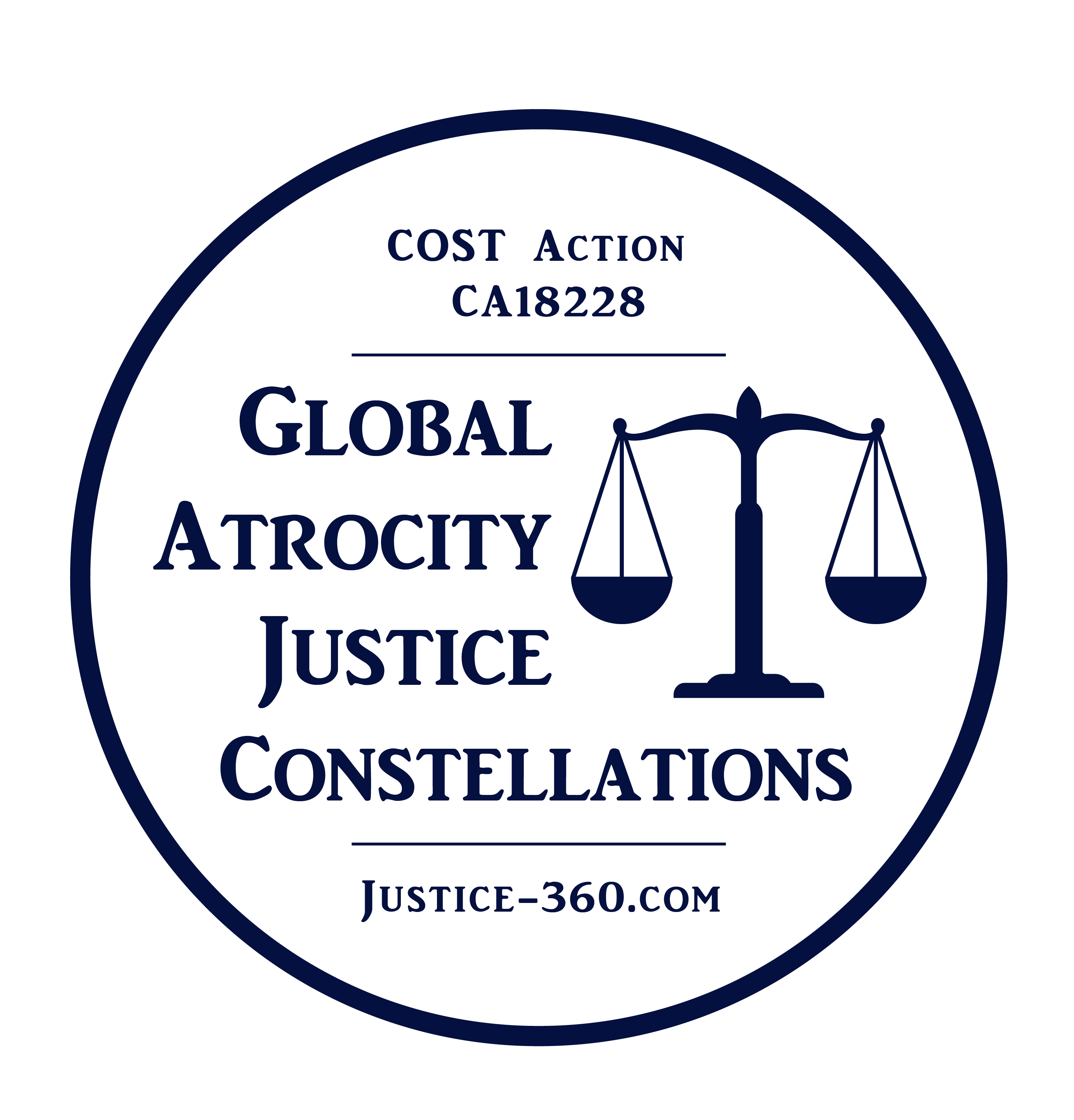Overview of the Training School
CANCELLATION
UPDATE 14 March 2020: Following COST Association’s announcement on the coronavirus (COVID-19) outbreak, the Training School is cancelled.
Title
Prosecuting Environmental and Serious Economic Crimes as International Crimes: An Updated Global Atrocity Justice Constellation
Co-organizers
– Faculty of Law, University of Zagreb
– Max Planck Institute for Foreign and International Criminal Law.
ECTS/Certificate
Participants can earn 4 European Credit Transfer System units (ECTS), subject to them actively participating during the course and preparing a 10-15 min. long presentation evaluated by the teaching staff (content, presenting ability, clarity of speech, engagement of audience).
Publication
Contributions from the speakers, from participants of JUSTICE-360 participants, and from the 5 best student/young professionals will be published at an international publisher. The expected deadline of to submit the contributions is November 1, 2020.
Dates
30 March until 5 April 2020 (7 days)
Location
Don Frana Bulića 4, Dubrovnik
HR-20000, Croatia
Funding availiable
The COST Action JUSTICE-360 will fund up to 5 trainees. Preference will be given to young scholars from Inclusiveness Target Countries, striving for a balanced representation of genders and countries.
Course Directors
– Sunčana Roksandić Vidlička, University of Zagreb, Croatia
– Ksenija Turković, European Court of Human Rights, Strasbourg, France
– Marc Engelhart, Max Planck Institute for Foreign and International Criminal Law, Freiburg, Germany
Application
The deadline for applications was on 10 March 2020, 23:59. Young scholars and practitioners alongside (post)graduate students were welcome to apply. For any questions or concerns on the training school or the application process, please contact lara.bogdanovic@
Description
After the selection, each trainee must register for an e-COST profile at https://e-services.cost.eu – each trainee must add their bank details to their e-COST profile (travel, accommodation and meal expenses in line with the eligibility rules of the COST).
However, recent initiatives both within the International Criminal Court (ICC) and in other institutions have pointed to the need of creating more comprehensive strategies of prosecution that can include other types of crime and can effectively see and prosecute linkages between different forms of criminal activity. For instance, as has been highlighted in scholarship as well as in ICC policy papers, international core crime is often linked to corruption and illegal extractive industries that damage the environment.
Serious environmental and economic crimes have often been neglected in criminal proceedings and other initiatives that have followed in the wake of conflict. As such, the main constellations of justice that were created after the end of the Cold War focus on so called international core crimes (genocide, crimes against humanity and war crimes).
Such linkages create new challenges to scholars of internationalized crime. Recent recommendations from the Oslo Outcome Statement on Corruption involving Vast Quantities of Assets (recommendations 46-47, June 14, 2019) call upon experts to conduct analysis and explore ideas that can contribute to address crimes and violations of economic, social and cultural rights.
This training school will do exactly that. By bringing together experts in the field and early career researchers working on different types of internationalized crime, the interactive training programme will introduce cutting-edge scholarship and engage in debate about how to best research emerging linkages between international core crimes, serious environmental and economic crimes.
Confirmed Speakers (in addition to Course Directors)
– Professor Dr. Mark Drumbl, Washington & Lee University;
– Professor Dr. John Vervaele, President of the AIDP and a professor of the Utrecht Law School and the College of Europe in Bruges;
– Professor Katalin Ligeti, Vice-President of the AIDP and the Dean and a professor of the Faculty of Law, Economics and Finance, University of Luxembourg;
– Professor Dr. Anja Matwijkiw, Lund University, Sweden, Fulbright Fellow 2019/2020;
– Ambassador Prof. Dr. Uglješa Zvekić, Global Initiative Against Organized Crime, Vienna;
– Professor Dr. Davor Derenčinović, President of GRETA, Council of Europe;
– Professor Dr. James Steward, University of British Columbia Law Faculty;
– Professor Dr. Boris Podobnik, a professor of finance at the University of Rijeka;
– Associate Professor Dr. Gleb Bogush, Higher School of Economics, Faculty of Law, Moscow;
– Assist. Professor Dr. Csaba Győry, Centre for Law and Society, ELTE University, Faculty of Law, researcher, Institute of Legal Studies, Hungarian Academy of Science, Budapest;
– Ms Gillian Dell, Transparency International, Berlin;
– Mr. Tobias Freeman, senior legal officer, The Siracusa International institute for criminal justice and human rights;
– Ms Marta Šamota Galjer, Deputy Head at The Office for Suppression of Corruption and Organized Crime Croatia;
– Ms Priyadarshini Narayanan, the International Criminal Court’s Office of the Prosecutor Appeals Chamber.
